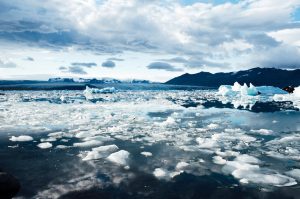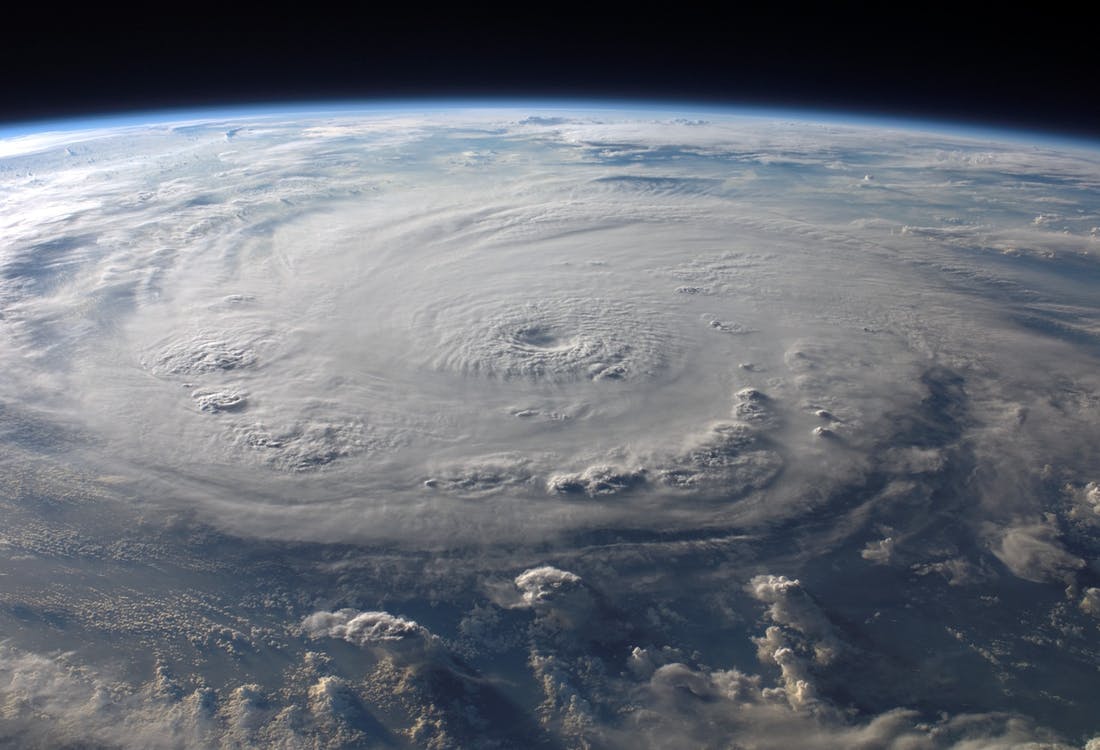No one is coming to save us. Mass civil disobedience is essential to force a political response
Had we put as much effort into preventing environmental catastrophe as we’ve spent on making excuses for inaction, we would have solved it by now. Everywhere I look, I see people engaged in furious attempts to fend off the moral challenge it presents.
The commonest current excuse is this: “I bet those protesters have phones/go on holiday/wear leather shoes.” In other words, we won’t listen to anyone who is not living naked in a barrel, subsisting only on murky water. Of course, if you are living naked in a barrel we will dismiss you too, because you’re a hippie weirdo. Every messenger, and every message they bear, is disqualified on the grounds of either impurity or purity.
As the environmental crisis accelerates, and as protest movements like YouthStrike4Climate and Extinction Rebellion make it harder not to see what we face, people discover more inventive means of shutting their eyes and shedding responsibility. Underlying these excuses is a deep-rooted belief that if we really are in trouble, someone somewhere will come to our rescue: “they” won’t let it happen. But there is no they, just us.

The political class, as anyone who has followed its progress over the past three years can surely now see, is chaotic, unwilling and, in isolation, strategically incapable of addressing even short-term crises, let alone a vast existential predicament. Yet a widespread and wilful naivety prevails: the belief that voting is the only political action required to change a system. Unless it is accompanied by the concentrated power of protest – articulating precise demands and creating space in which new political factions can grow – voting, while essential, remains a blunt and feeble instrument.
The media, with a few exceptions, is actively hostile. Even when broadcasters cover these issues, they carefully avoid any mention of power, talking about environmental collapse as if it is driven by mysterious, passive forces, and proposing microscopic fixes for vast structural problems. The BBC’s Blue Planet Live series exemplified this tendency.
Those who govern the nation and shape public discourse cannot be trusted with the preservation of life on Earth. There is no benign authority preserving us from harm. No one is coming to save us. None of us can justifiably avoid the call to come together to save ourselves.
I see despair as another variety of disavowal. By throwing up our hands about the calamities that could one day afflict us, we disguise and distance them, converting concrete choices into indecipherable dread. We might relieve ourselves of moral agency by claiming that it’s already too late to act, but in doing so we condemn others to destitution or death. Catastrophe afflicts people now and, unlike those in the rich world who can still afford to wallow in despair, they are forced to respond in practical ways. In Mozambique, Zimbabwe and Malawi, devastated by Cyclone Idai, in Syria, Libya and Yemen, where climate chaos has contributed to civil war, in Guatemala, Honduras and El Salvador,, where crop failure, drought and the collapse of fisheries have driven people from their homes, despair is not an option. Our inaction has forced them into action, as they respond to terrifying circumstances caused primarily by the rich world’s consumption. The Christians are right: despair is a sin.
Read more: The Guardian



